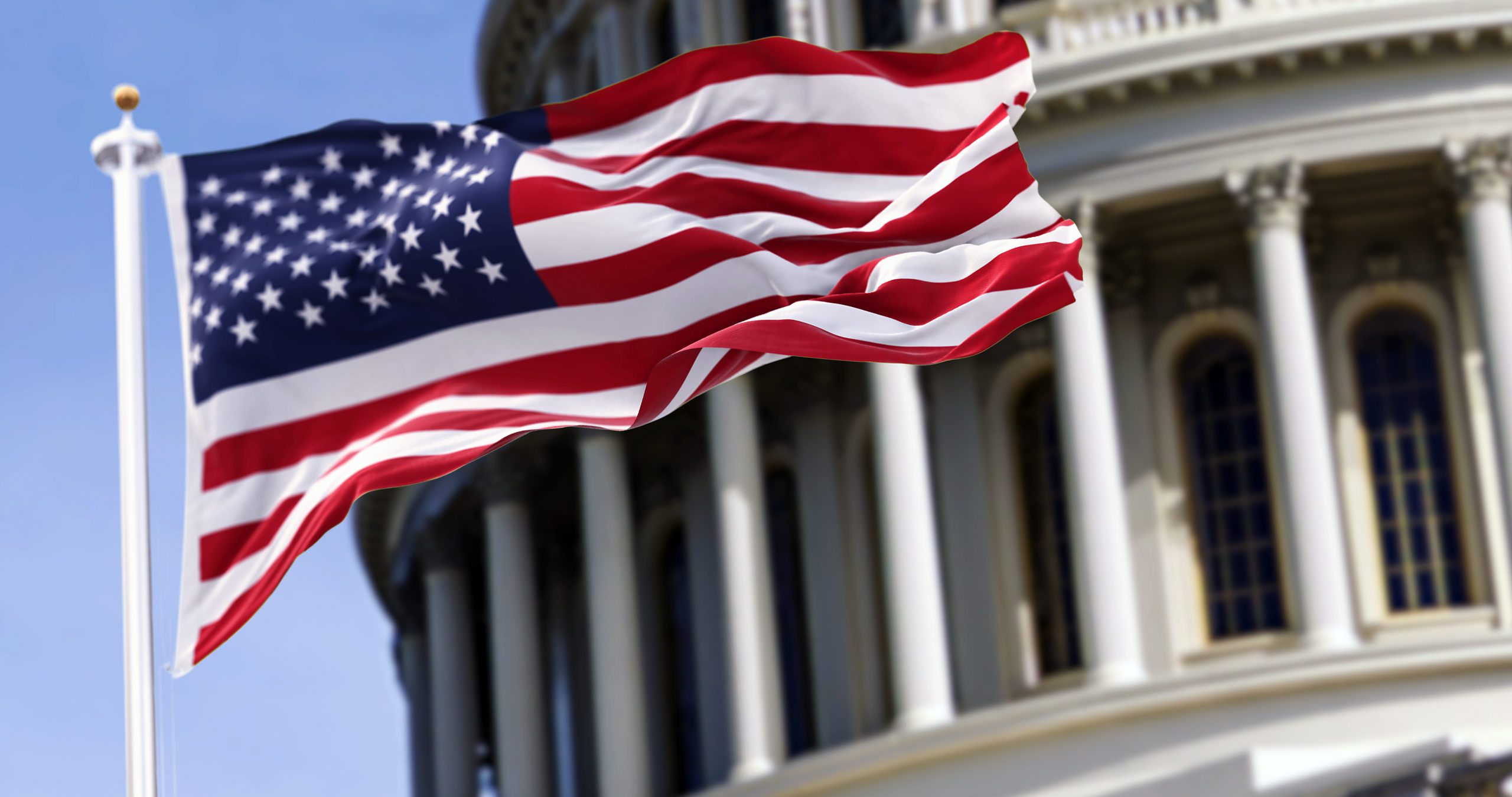The elections are almost here; that makes this a good time to review the IRS rules regarding Section 501(c)(3) organizations and political activities. Noncompliance can lead to costly excise taxes and jeopardize your organization’s tax-exempt status.
General prohibition
The IRS is clear: Sec. 501(c)(3) organizations are prohibited from participating or intervening in any political campaign on behalf of, or opposed to, any candidate for public office. This includes:
- Making or soliciting contributions to or for candidates or political organizations,
- Endorsing a candidate or rating candidates,
- Distributing partisan campaign literature or written statements,
- Speaking about a candidate, or
- Using resources to influence an election.
On the other hand, nonpartisan activities to educate the public and help citizens participate in the electoral process are permitted.
Even educational activities can stray into prohibited political intervention, though. For example, a statement that doesn’t explicitly endorse or oppose a candidate might violate IRS rules if it mentions a candidate or expresses approval or disapproval of a candidate’s positions or actions. Statements that are published during a campaign, refer to voting or the election, or raise a campaign issue also may violate the rules.
Whether a statement supports or opposes a candidate depends on the circumstances. For instance, a statement with some of the above elements nonetheless could be permissible if it’s related to an event other than the election, such as a scheduled vote on proposed legislation.
Limits on voter education
Nonpartisan voter education — voting guides, registration and get-out-the-vote efforts, and candidate forums — generally is acceptable. The key is that these activities must be conducted in an unbiased manner.
Charities should avoid referring to candidates or political parties in written or verbal communications about educational activities. Communications should only urge people to register and vote or describe the hours and locations for registration and voting. Any services (for example, registration forms or rides to the polls) should be offered to all, regardless of party affiliation.
If your organization publishes voting records, tread carefully. You shouldn’t identify any incumbent as a candidate or compare an incumbent’s position with those of your organization or an opposing candidate. Releasing and distributing a compilation of voting records on select issues during an election could constitute prohibited political campaign intervention.
Candidate questionnaires present a similar risk. To mitigate risk, don’t word questions in a way that suggests preferred responses. Send questionnaires to all candidates and publish all responses without substantive editing. Again, avoid comparing responses to your organization’s positions.
Candidate appearances
If you invite a candidate to speak in his or her capacity as a candidate, you must give all qualified candidates an equal speaking opportunity. No political fundraising should be allowed.
Candidates can appear in other roles, though, without imposing equal-opportunity obligations. A candidate might appear as a subject matter expert on a topic other than the election. Your charity must maintain a nonpartisan atmosphere and make no reference to the campaign or candidacy at the event or in announcements about it. Announcements should clearly state the capacity in which the candidate is appearing.
One way to circumvent this web of caveats is to hold a candidate forum and give all candidates on the same stage an equal opportunity to answer questions. Questions should be prepared and presented by an independent, nonpartisan panel and cover a broad range of issues that are of interest to the public. The moderator and the forum’s sponsors need to refrain from commenting on the questions, answers or candidates.
Take notice
While IRS enforcement of the political intervention prohibition for charities has been anything but intense in recent years, violations can result in costly reputational damage. After reviewing the possible consequences and discussing the issue with your tax advisor, your organization may decide the political activity isn’t worth the risk.
What about issue advocacy?
Some charities exist primarily to advocate on certain issues, and many others at least dabble in such advocacy to advance their missions. These nonprofits may continue their advocacy during election season — as long as it doesn’t cross the line into campaign intervention.
You might cross that line if your message invites recipients to compare a candidate’s position on an issue with the organization’s views. Messages could violate the rules without directly encouraging a vote for or against a candidate. The message doesn’t even have to use the candidate’s name; it could suggest a particular candidate with party labels or words such as “conservative” or “liberal.”
To stay on the safe side when advocating for your issues during political campaigns, don’t mention voting or the election. And don’t state whether candidates agree with your organization’s position. The IRS has indicated that a history of substantially similar advocacy during nonelection periods may also help to avoid the appearance of election intervention.




